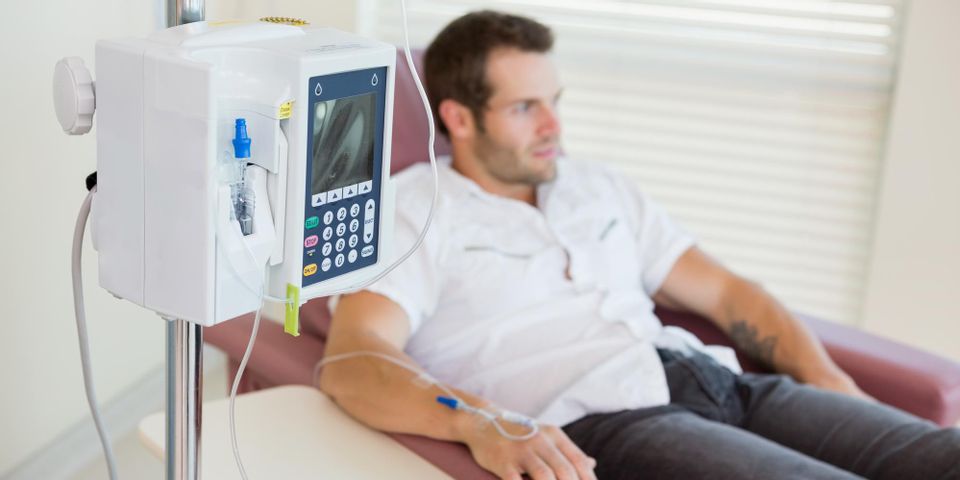
While chemotherapy is often effective at treating cancer, it can come with some side effects. Each person will react differently to the treatments, but there are some common effects to look for. Here are a few to keep in mind, as well as cancer care tips to help you deal with them.
A Guide to Chemotherapy Side Effects
1. Nausea
Nausea from chemotherapy often leads to vomiting, which can be frustrating for patients. While it’s hard to prevent this side effect altogether, there are ways to manage it better. Before your treatment, eat a bland meal, such as toast. Additionally, drink fluids throughout the day to prevent dehydration. Finally, if you wake up with nausea the next morning, don’t skip breakfast; have something light, such as a dry biscuit.
2. Hair Loss
 Depending on the drugs your doctor prescribes, you may lose some or all of your hair. Some patients begin shedding hair after the first treatment, while others don’t lose it for weeks or even months.
Depending on the drugs your doctor prescribes, you may lose some or all of your hair. Some patients begin shedding hair after the first treatment, while others don’t lose it for weeks or even months.
If you expect hair loss, use a wide-toothed comb. Additionally, wash your hair with a mild shampoo regularly to ensure your scalp is clean. To avoid irritating your head, never utilize a nylon pillowcase. Instead, buy one that’s satin or cotton. Finally, wear sunglasses outside if you lose your eyelashes; this will protect you against dust and UV rays.
3. Mouth Sores
When you’re getting chemotherapy treatments, it’s common to get ulcers and other oral infections. This is particularly commonplace amongst patients getting radiation on their neck or chest.
To care for your mouth, brush your teeth twice a day using a soft-bristled toothbrush. Also, suck on ice during chemo sessions to prevent ulcers. If your gums become tender, eating yogurt will help. Finally, avoid smoking or drinking alcohol, as these habits can negatively impact mouth sores.
If you’re currently getting chemotherapy and need a home health care aid, contact Lifetime Care. Serving New York’s Monroe, Wayne, Livingston, Ontario, Yates, Seneca, Cayuga, and Schuyler counties, they’ve been providing cancer care to individuals in the area since 1960. In addition to helping you with your physical needs, their staff members offer emotional and mental health support. They will work closely with your doctor to ensure you receive the care and treatment you need. Visit them online to learn more about their cancer care services, or call (585) 214-1000 to talk to a staff member about your needs.
About the Business
Have a question? Ask the experts!
Send your question

